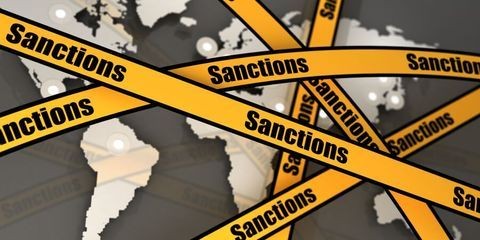Inter Partes Reexamination Not Limited To First Application In Chain Of Applications
Client Alert | 1 min read | 08.29.08
In Cooper Technologies Company v. Dudas and Thomas & Betts Corporation (No. 2008-1130, August 19, 2008), the Federal Circuit affirms the interpretation of the United States Patent and Trademark Office (Patent Office) that utility, plant and design applications, including first filed applications, continuations, divisionals, continuations-in-part, continued prosecution applications and the national stage phase of international applications are subject to inter partes reexamination, in contrast to Appellant's contention that only the first application in a chain of applications from which priority is claimed is subject to inter partes reexamination. The Federal Circuit explains that because the Patent Office is specifically charged with administering statutory provisions relating to "the conduct of proceedings in the Office," the Federal Circuit gives Chevron deference to the Patent Office's interpretations of those provisions. The Federal Circuit concludes that the Patent Office's interpretation is reasonable and is entitled to Chevron deference.
Contacts
Insights
Client Alert | 14 min read | 05.03.24
On April 24, 2024, President Biden signed into law the National Security Supplemental fiscal package, which includes significant new sanctions and export controls authorities. Although the U.S. foreign aid commitments for Ukraine, Israel, and Taiwan headline the new law, it also (1) expands the statute of limitations for U.S. sanctions violations; (2) includes new authorities for the President to coordinate sanctions efforts with the European Union and the United Kingdom; (3) expands sanctions and export controls on Iran (including some targeted at Chinese financial institutions); and (4) includes new sanctions authorities targeting terror groups.
Client Alert | 3 min read | 05.03.24
EEOC’s New “Enforcement Guidance on Harassment in the Workplace” Hits Hot-Button Issues
Client Alert | 11 min read | 05.03.24
FDA Moves Forward on Laboratory Developed Tests while Stakeholders and Congress Weigh Next Steps
Client Alert | 1 min read | 05.03.24



